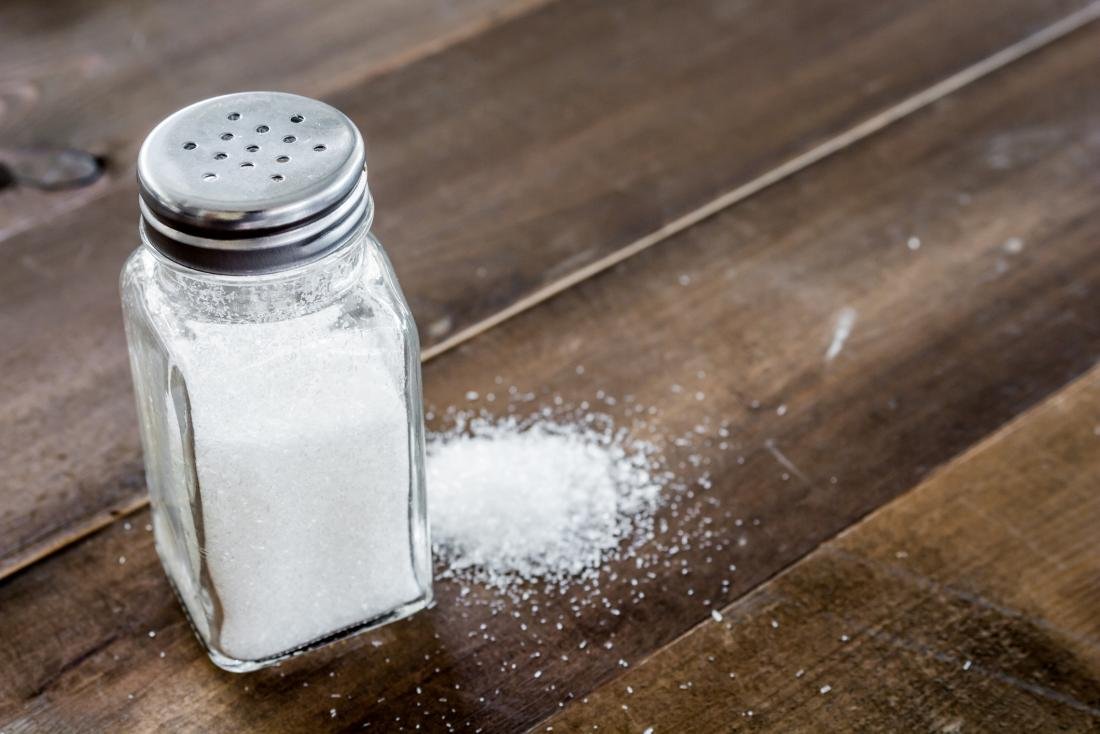Inside BENEO’s new pulse plant: pioneering sustainable protein from faba beans
Existing programmes and platforms such as Poshan Abhiyan need to be leveraged to educate consumers on the benefit of consuming iodised salt
The Department of Health and Family Welfare, Government of Andhra Pradesh (AP), with technical support from Nutrition International, in 2020-21, conducted a first of its kind state level Iodine deficiency disorders (IDD) survey across 13 districts, to assess the iodine nutrition status of the population.
The survey indicated that while the iodine nutrition status of the school aged children (6-12 years), taken as proxy for the population was adequate, only 71.9% of the households were consuming adequately iodised salt or uppu as it is called in the state.
Iodised salt is the primary source of Iodine in our daily diet. The prevalence of goitre was 1.8% amongst the school aged children (6-12 years), an indicator for long-term deficiency of iodine in diet.
Andhra Pradesh is close to winning the battle against IDDs, with the achievement of 71.9% coverage of adequately iodised salt in the population, an improvement from 63.9% reported in India Iodine Survey 2018-19. Some of the districts such as Vizianagaram, Kurnool and Chittoor have reported high coverage of 82.4%, 78.5% and 78.1% respectively.
But the battle is still on and the last mile of achieving universal salt iodisation (USI) is ahead. This would require integrated efforts across the state. One of the areas that need extensive efforts is iodisation of locally produced salt consumed in the form of crystal salt. Only 37% of such crystal salt is adequately iodised and is traditionally being consumed by rural and tribal populations.
Of late, there has been increased consumer preference for “traditional salt” under the impression that it contains multiple micronutrients and trace minerals and is beneficial for people with high blood pressure and other heart ailments. This is pushing the sale of organic salt / rock salt / himalayan salt which is mostly non iodised and makes the population vulnerable to Iodine deficiency disorders.

